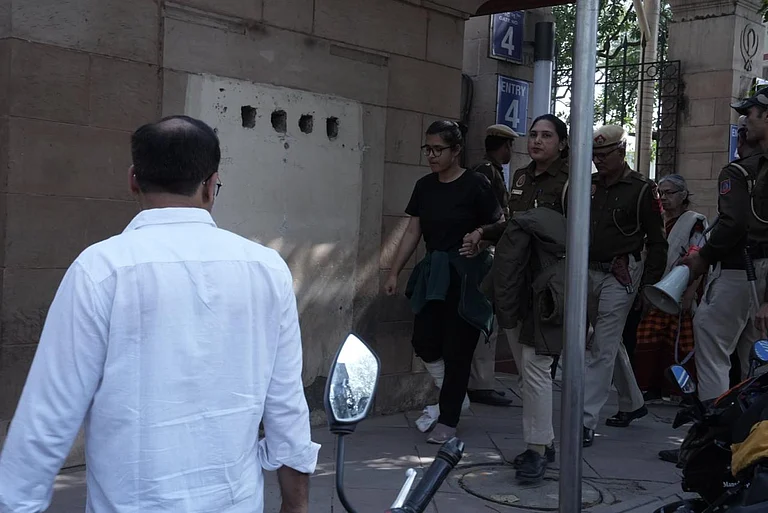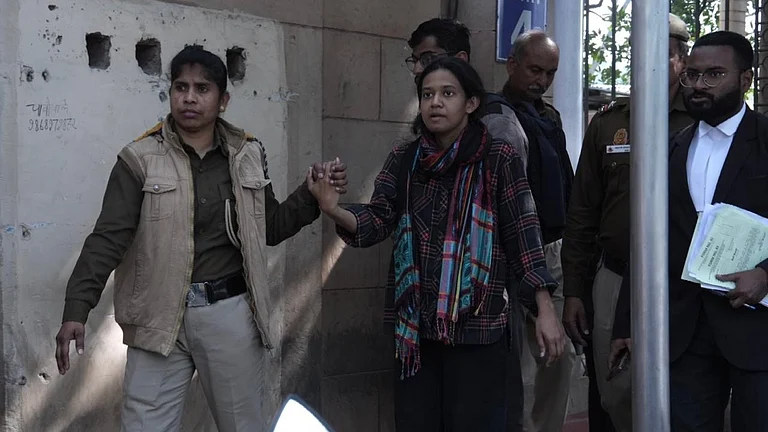The Delhi High Court on Monday asked Microsoft, which owns 'Bing', and Google to seek a review of an order by a single judge directing them to identify and de-index non-consensual intimate images without requesting for their specific URLs, after the search engine giants filed an appeal against the ruling.
The senior counsel for the appellants said unlike in cases of child sexual abuse material, non-consensual intimate images cannot be detected by their current technology and therefore it was not possible for them to comply with the order passed by the single judge in April 2023.
Their senior lawyers assured the court a new technology is being developed but it has not yet reached a stage where it can detect such non-consensual content on its own.
They said the search engines do not "host" any content, and once an objectionable content has been removed from the site hosting it, it will not appear in search results as well.
Stating that "no one can ask you to do the impossible", a bench headed by Acting Chief Justice Manmohan asked them to approach the single judge to reconsider his directions.
"Keeping view of the aforesaid, it would be appropriate if the appellants file a review and bring the aforesaid facts to the notice of the single judge. In the event the appellants are aggrieved by order of the single judge in the review petition, the appellants shall be at liberty to revive the present appeals," the bench, also comprising Justice Manmeet PS Arora, said.
As the senior counsel for Google sought sought an assurance that no coercive action would be taken against them for non-compliance with the single judge's directions, the court observed no such action has been taken till now.
In an order passed on April 26, 2023, the single judge had said it was the responsibility of the search engines to immediately cease access to any offending content and the victim cannot be made to face humiliation or harassment by having to approach the authorities again seeking the same relief.
The ruling came on a petition by a woman who sought blocking of certain sites exhibiting her intimate images.
The single judge had stated "Non-Consensual Intimate Images (NCII) abuse" , which includes "revenge porn”, violates the right to privacy and causes psychological damage to the victim.
The single judge had asserted that search engines were obligated to observe due diligence while discharging their duties under Rule 3 of the IT Rules, including making reasonable efforts to prevent hosting, displaying, uploading or sharing of any information that is invasive of another person’s privacy and violates any law for the time being in force, or they will lose the protection from liability accorded to them under Section 79 of the IT Act.
"If information is relating to content which is prima facie in the nature of any (NCII) material.., the search engine is required to take all reasonable and practicable measures to remove or disable access to such content which is hosted, stored, published or transmitted by it," the single judge had said.
"The time-frame as stipulated under Rule 3 of the IT Rules must be strictly followed without any exceptions, and if there is even minor deviation from the said time-frame, then the protection from liability accorded to a search engine under Section 79 of the IT Rules cannot be invoked by the search engine," the single judge bench had stated.






















